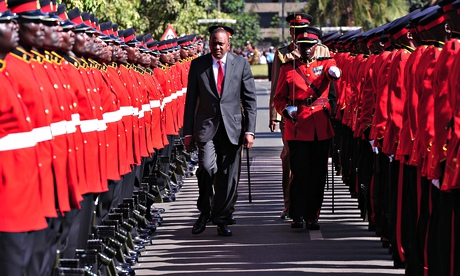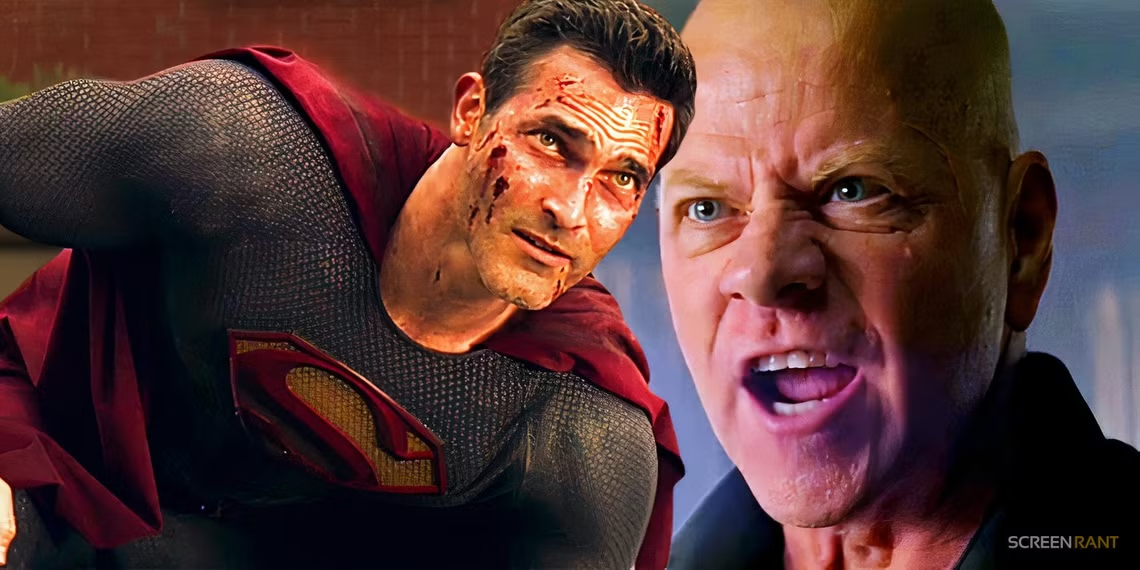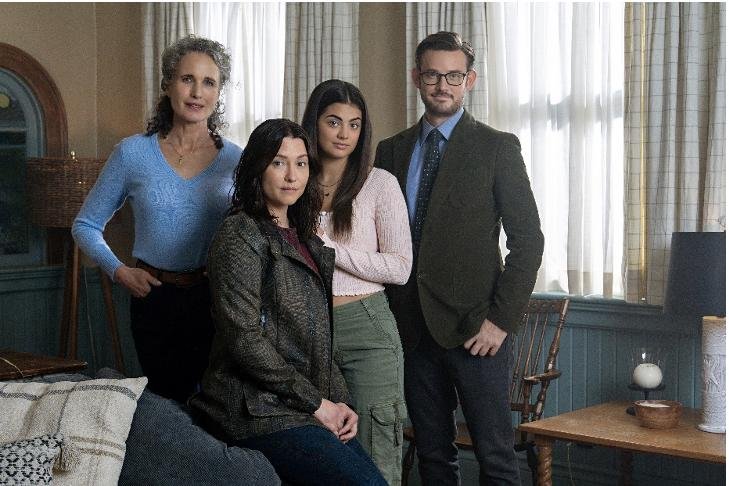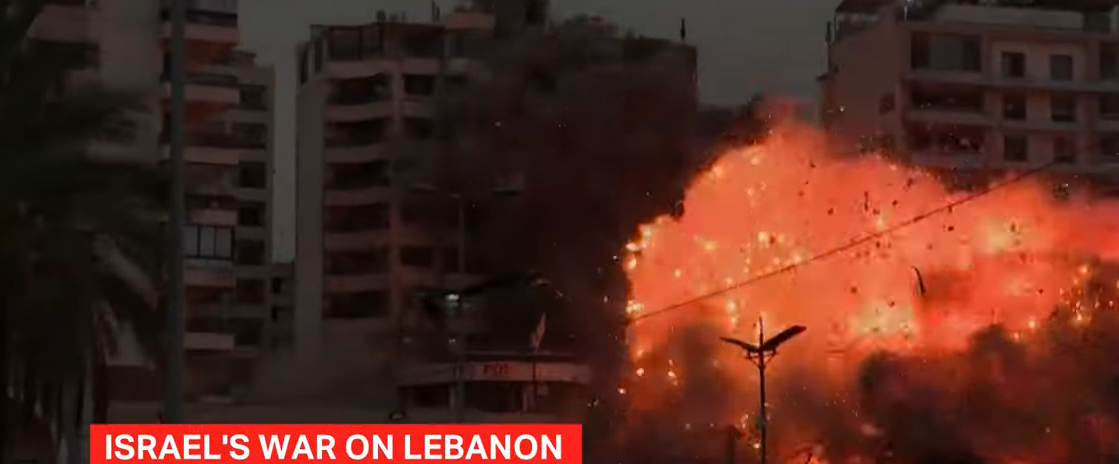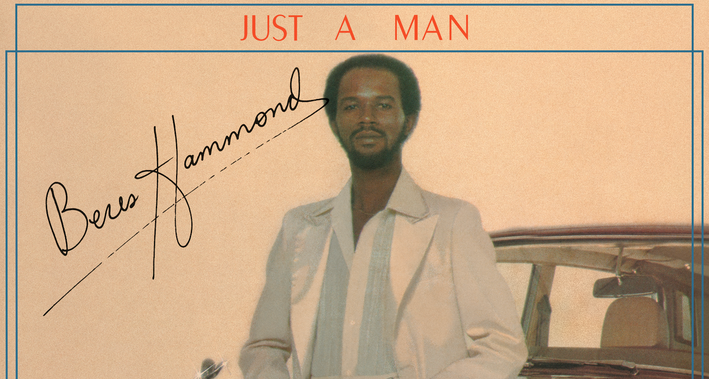Oct. 6 (GIN) – After failing to win further delays in a hearing of serious charges against him, President Uhuru Kenyatta announced he would temporarily step down as president of Kenya and face the court.
Five charges of crimes against humanity are linked to Kenyatta’s alleged involvement in funding and directing aspects of the violence that killed 1,300 people in the weeks following disputed 2007 elections. Gangs allegedly under his direction carried out rape and murder including the incineration of dozens of Kenyans who sought shelter in a church. Some victims were hacked to death and four were beheaded. More than 600,000 people were left homeless.
Prosecutors say Kenyatta met members of the Mungiki, a secretive Kikuyu gang, in order to organize retaliatory attacks in the Rift Valley towns of Nakuru and Naivasha, in response to the initial attacks on the Kikuyu community in the region.
Members of the Kikuyu ethnic group of Mr Kenyatta and Mr Kibaki were led to turn against other communities, butchering people using machetes, bows and arrows. He denied the accusation at a preliminary hearing at the ICC last September.
The case, set to begin Oct. 8, is before the International Criminal Court (ICC), based at The Hague, Netherlands. Deputy president William Ruto will fill the seat although he faces similar charges in a separate but linked case at the ICC. His trial has already begun.
With witnesses now backing out and requested documents being withheld by Kenyan officials, the case could collapse, say some experts. This would be a blow to a court that has handed down just two guilty verdicts, both to little known Congolese warlords, and one acquittal since inception in 2003.
Sudan’s President Omar al-Bashir, wanted for genocide, still travels to countries, particularly in Africa, that have ignored a warrant for his arrest, even when they are court signatories.
Kenyatta, in a speech to the nation, echoed complaints heard across the continent that the court is biased and persecutes Africans.
“My accusers both domestic and foreign have painted a nefarious image of most African leaders as embodiments of corruption and impunity,” he said, repeating his previous denials of the charges by saying his “conscience is clear”.
George Kegoro, head of the Kenyan chapter of the International Commission of Jurists, praised the president for following the rule of law. If Kenyatta had refused to go, he risked an international arrest warrant and international condemnation or economic sanctions against Kenya.
“The tragedy is,” wrote ‘ID1647404’ on the Guardian website, “that Kenyans really deserve to be able to vote for someone who presents them with ideology and policy choices, rather than just more exhortations that it is their tribe’s ‘turn to eat’… “ w/pix of U. Kenyatta reviewing troops prior to exit

